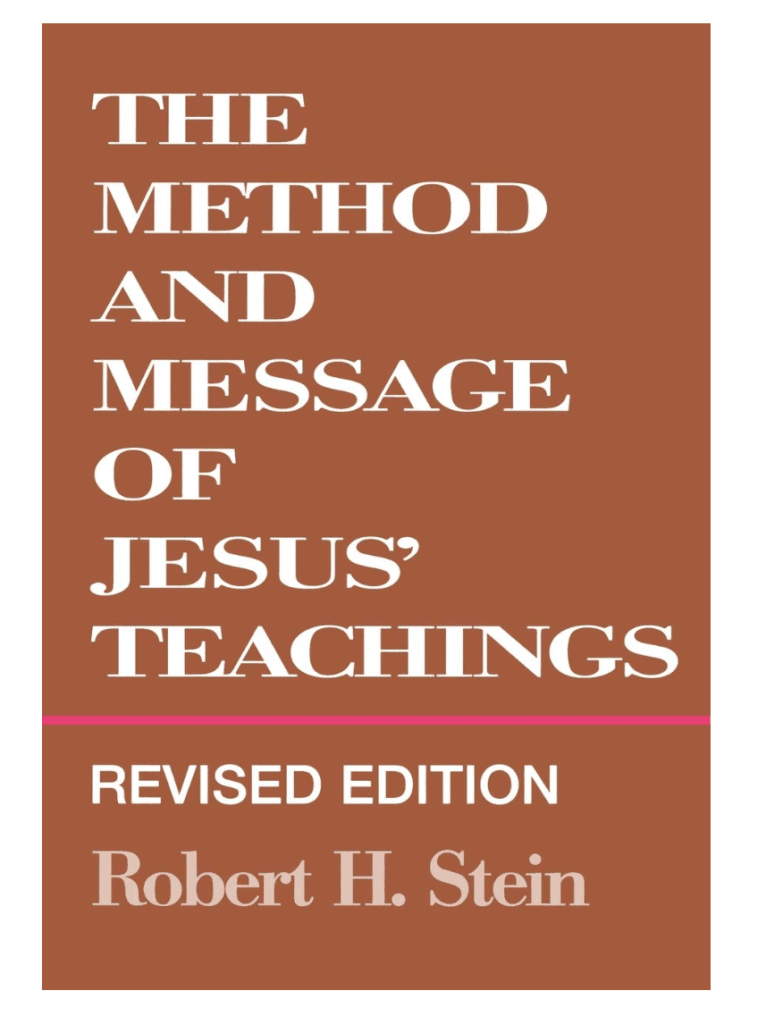No products in the cart.
Top 12 Parables in The Teachings of Jesus Christ
This post contains paid and/or affiliate links. I make a small commission at no extra cost to you. Please see our Privacy Policy.
Parables played a vital role in the teachings of Jesus Christ. Using familiar and relatable imagery, these simple yet profound stories conveyed spiritual truths and moral lessons to His disciples and the crowds who gathered to hear Him.
Jesus often used parables to illustrate heavenly concepts in ways people could easily understand and remember.
Why Jesus Used Parables
Parables served as powerful teaching tools because they encouraged active participation from the listeners. By presenting scenarios or stories, Jesus drew His audience into the narrative and prompted them to think deeply about the meaning behind His words.
These stories challenged conventional thinking and unveiled the deeper significance of the Kingdom of God.
As Jesus said:
“This is why I speak to them in parables: ‘Though seeing, they do not see; though hearing, they do not hear or understand.'” (Matthew 13:13, NIV)
Jesus used vivid, everyday imagery to reach people from all walks of life, regardless of their educational or social background. He often explained the deeper meaning of these parables to His disciples in private, revealing the truths of the Kingdom to those sincerely seeking.

Purposes of Jesus’ Parables
| Purpose | Description |
|---|---|
| Simplify Spiritual Truths | Made divine principles understandable |
| Engage Audience | Encouraged reflection and personal application |
| Filter Listeners | Revealed who genuinely sought God’s truth |
| Inspire Transformation | Prompted moral and spiritual change |
The Parable of the Sower: Lessons on Spiritual Growth
One of Jesus’ foundational parables is the Parable of the Sower, found in Matthew 13:1-23, Mark 4:1-20, and Luke 8:4-15. This story uses the analogy of a farmer scattering seeds on different types of soil to illustrate how people receive the message of God’s Kingdom.
| Type of Soil | Description | Spiritual Meaning |
| Path | Birds ate seeds | Message not understood, snatched by Satan |
| Rocky | Shallow soil, quick wither | Joyful acceptance, but faith lacks depth |
| Thorny | Choked by thorns | Faith stifled by life’s worries and wealth |
| Good | Yields abundant crop | Receptive heart, understands and bears fruit |
“But the seed falling on good soil refers to someone who hears the word and understands it. This is the one who produces a crop…” (Matthew 13:23, NIV)
Key Takeaways
- Cultivate a receptive heart.
- Develop deep-rooted faith that withstands challenges.
- Guard against distractions and worldly worries.
- Apply God’s Word daily to bear spiritual fruit.
The Parable of the Good Samaritan: Love in Action
Found in Luke 10:25-37, this parable begins with a religious expert asking Jesus how to inherit eternal life. Jesus replies with the greatest commandments and illustrates “Who is my neighbor?” through the story of the Good Samaritan.
Characters & Their Response
| Character | Response |
| Priest | Passed by the injured man |
| Levite | Also passed by without helping |
| Samaritan | Cared for and provided for the injured man |
“Love your neighbor as yourself.” (Luke 10:27, NIV)
Key Messages
- Our neighbor is anyone in need, regardless of background.
- True love is practical and compassionate.
- Faith is not just belief but action-oriented.
The Parable of the Prodigal Son: Forgiveness and Redemption
In Luke 15:11-32, Jesus tells the story of a young man who demands his inheritance, squanders it in reckless living, and returns home to a forgiving father.
“But while he was still a long way off, his father saw him and was filled with compassion…” (Luke 15:20, NIV)
Lessons Learned
- God’s love is unconditional and welcoming to the repentant.
- Even when we stray, God runs to meet us when we turn back.
- The older brother reminds us to reject self-righteousness and embrace forgiveness.
The Parable of the Mustard Seed: Faith and Growth
Found in Matthew 13:31-32, Mark 4:30-32, and Luke 13:18-19, this parable likens the Kingdom of God to a mustard seed, which, though small, grows into a large tree.
“Though it is the smallest of all seeds, yet when it grows, it is the largest of garden plants…” (Matthew 13:32, NIV)
Spiritual Insights
- Great things often begin with small acts of faith.
- The growth of God’s Kingdom is exponential and transformative.
- Believers are called to nurture faith and share God’s love.
Key Themes in Jesus’ Parables
| Parable | Key Theme |
| Sower | Spiritual receptivity & growth |
| Good Samaritan | Compassion in action |
| Prodigal Son | Forgiveness and restoration |
| Mustard Seed | Power of small faith and divine growth |
Conclusion: The Everlasting Power of Jesus’ Parables
The parables of Jesus Christ are not merely ancient stories; they are living lessons that continue to guide, challenge, and inspire people across the globe.
Through stories like The Sower, The Good Samaritan, The Prodigal Son, and The Mustard Seed, Jesus revealed the heart of God, the nature of His Kingdom, and the values that should define our lives.
These parables teach us that:
- Spiritual growth requires a receptive heart, deep-rooted faith, and daily application of God’s Word.
- True love and compassion transcend social, racial, and religious boundaries.
- Forgiveness and redemption are always within reach, no matter how far we have strayed.
- Small faith and humble beginnings can lead to great and lasting impact when nurtured in trust and patience.
As we reflect on these stories, we are invited not just to understand them, but to live them—by becoming the good soil, being a neighbor in need, returning to the Father’s embrace, and planting seeds of faith in our everyday lives.
May the parables of Jesus continue to shape our hearts, renew our minds, and draw us ever closer to the truth, love, and grace of God.














